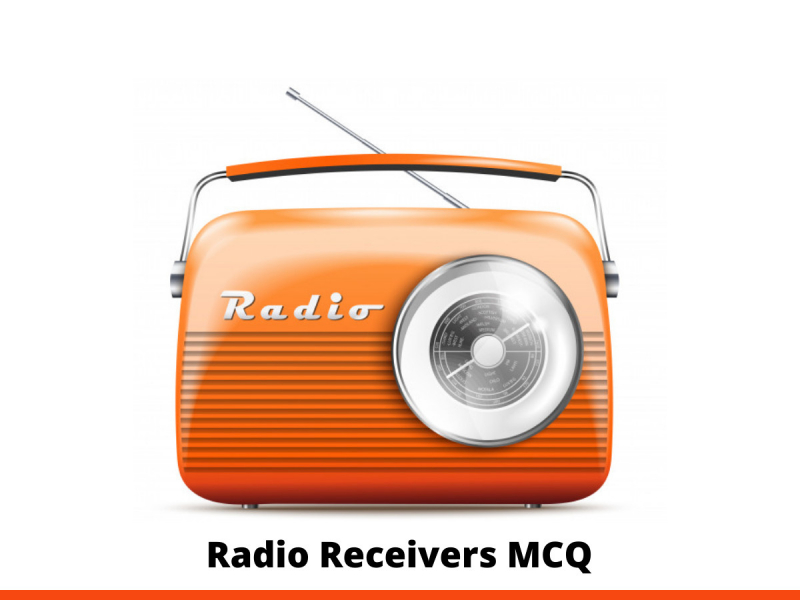Take Radio Receivers MCQ Test & Online Quiz to test your Knowledge
Practice here the best Radio Receivers MCQ Questions that checks your basic knowledge of Radio Receivers. This Radio Receivers MCQ Test contains 20+ Multiple Choice Questions. You have to select the right answer to the question. Finally, you can also download here the Radio Receivers MCQ PDF, completely free.

